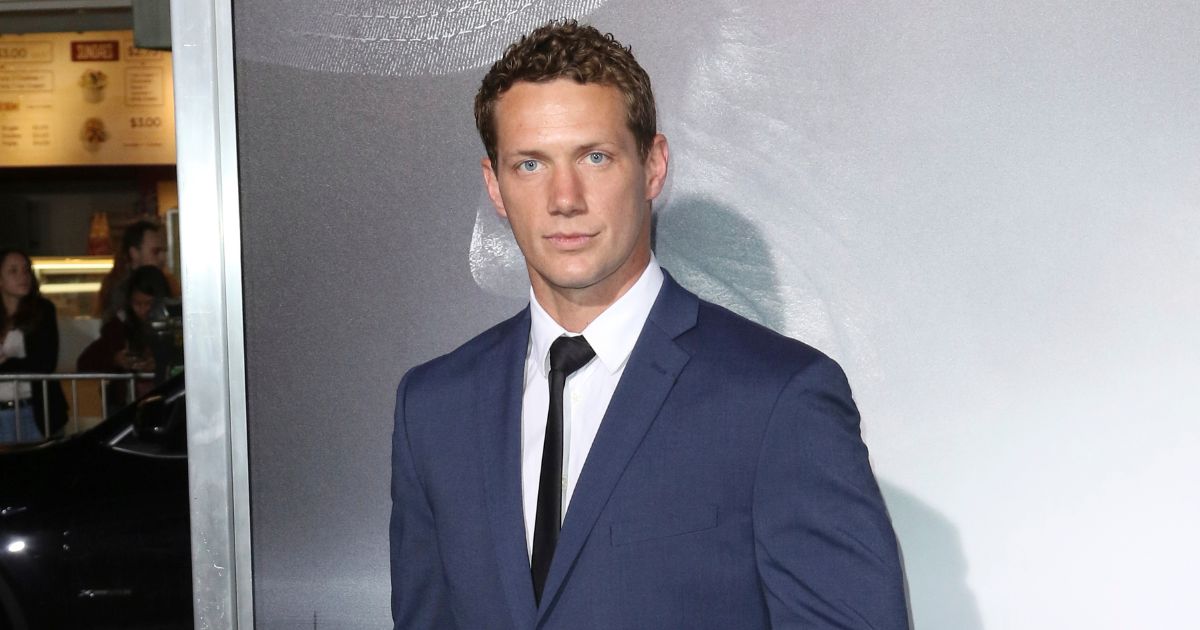Florida’s online sports betting deal halted by Supreme Court.
The Supreme Court Temporarily Suspends $2.5 Billion Online Sports Betting Deal in Florida
The Supreme Court has made a significant move in the world of online sports betting by temporarily suspending a lower court ruling that allowed a $2.5 billion deal between Florida and the Seminole Tribe to move forward. This decision comes as the online sports betting industry continues to experience rapid growth, with the market projected to reach $7.6 billion in the United States by 2023.
The ruling was made in response to two casino operators in Florida who view the Seminole Tribe as a direct competitor. These operators argue that the deal unfairly grants the tribe a monopoly on sports betting in the state, and have requested a long-term stay of the lower court order.
Related Stories
- Supreme Court Rules Against Texas in Its Crackdown on Indian Gaming Operations – 6/15/2022
- Sports Gambling Addictions Spike as Billions Are Made in Sports Betting Advertising, Tax Revenue – 9/26/2023
The Seminole Tribe had plans to offer online sports betting in Florida, but the established casino operators believe this would give the tribe an unfair advantage. Chief Justice John Roberts granted the stay in response to an emergency application brought by the casino operators.
The applicants, West Flagler Associates Ltd. and Bonita-Fort Myers Corp., operate gambling facilities in the state, including the Magic City Casino in Miami and the Bonita Springs Poker Room in Bonita Springs. The respondents in the case are U.S. Secretary of the Interior Deb Haaland and the Seminole Tribe.
The Seminole Tribe, headquartered in Hollywood, Florida, relies heavily on gambling revenue, which makes up over 90 percent of its budget. In addition to gambling, the tribe is involved in various industries such as cattle ranching, citrus production, tourism promotion, sports management, and tobacco sales. The tribe has a population of almost 3,300 Seminole Indians living on and off reservations throughout the state.
The emergency order from the Supreme Court puts a hold on the decision made by the U.S. Court of Appeals for the District of Columbia Circuit, which favored the tribe. Secretary Haaland and the tribe have until October 18th to file a response.
It remains uncertain what actions the Supreme Court will take and when they will do so. The justices may choose to treat the emergency application as a petition for review and order oral arguments in the case. However, at least four of the nine justices must approve the petition for it to proceed to the oral argument stage.
The case dates back to 2021 when Governor Ron DeSantis’s administration signed an agreement with the Seminole Tribe, granting them exclusive rights to offer online betting in Florida. The state would receive a percentage of the expected billions in gambling revenue. Governor DeSantis is currently running for the Republican Party’s 2024 presidential nomination.
The deal allows the Seminoles to accept sports wagers from mobile devices anywhere in the state, with the wagers being processed through servers located on tribal land. This addition of sports betting to the tribe’s business portfolio could generate $20 billion over the next 30 years.
The casino operators argue that the governor and the state legislature violated the law by agreeing to the pact. They claim that a 2018 amendment to the Florida Constitution requires a public vote for gambling outside of tribal territory. However, the amendment includes a provision stating that the prohibition on casino and sports gambling does not apply to “the conduct of casino gambling on tribal lands” approved under the Indian Gaming Regulatory Act (IGRA), a federal statute.
The casino operators state in their application that the deal allows the tribe to offer online sports betting throughout the state, even at locations outside of tribal lands, as long as the sports bets are received by servers located on the tribe’s lands. They argue that this “deeming artifice” uses the IGRA exception to give the tribe a monopoly on online sports gaming in Florida.
In a legal challenge under the IGRA, a federal judge initially ruled the deal illegal, but the D.C. Circuit Court later reversed the decision in favor of the tribe. The casino operators believe that the Circuit Court’s ruling will disrupt the current gaming landscape in Florida and lead to numerous sports betting transactions that violate both state and federal law.
The casino operators have urged the Supreme Court to intervene, stating that it is in the public interest to preserve the status quo until their petition for review is considered. They argue that the Circuit Court’s decision represents a significant change in public policy on legalized gaming that could be difficult to reverse once implemented.
The Supreme Court’s decision on this matter will have far-reaching implications for the future of online sports betting in Florida. The Epoch Times has reached out to the attorney for West Flagler Associates and the U.S. Department of Justice for further comments.
How does the Seminole Tribe’s reliance on gambling revenue impact their operations and budget?
Erate significant revenue and solidify their position as a dominant player in the gambling industry.
The lower court ruling that was temporarily suspended by the Supreme Court had determined that the $2.5 billion deal between Florida and the Seminole Tribe could move forward. However, two casino operators in Florida, West Flagler Associates Ltd. and Bonita-Fort Myers Corp., challenged the ruling, arguing that it unfairly gave the tribe a monopoly on sports betting in the state. They have requested a long-term stay of the lower court order to further examine the implications of the deal.
The Seminole Tribe, headquartered in Hollywood, Florida, heavily relies on gambling revenue to support its operations, with over 90 percent of its budget coming from this industry. In addition to gambling, the tribe is involved in various other industries such as cattle ranching, citrus production, tourism promotion, sports management, and tobacco sales. They have a population of nearly 3,300 Seminole Indians living on and off reservations throughout the state.
The emergency order issued by Chief Justice John Roberts puts a hold on the U.S. Court of Appeals for the District of Columbia Circuit’s decision in favor of the Seminole Tribe. Secretary Haaland and the tribe now have until October 18th to file a response. The Supreme Court’s next steps in this case remain uncertain, as the justices may treat the emergency application as a petition for review and order oral arguments. However, at least four of the nine justices must approve the petition for it to proceed to the oral argument stage.
The case originates from an agreement signed in 2021 between Governor Ron DeSantis’s administration and the Seminole Tribe, granting the tribe exclusive rights to offer online betting in Florida. In exchange, the state would receive a percentage of the anticipated gambling revenue. This deal holds significant financial implications and was seen as a way to boost the state’s economy. Governor DeSantis is currently running for the Republican Party’s 2024 presidential nomination, adding further political significance to the case.
With the online sports betting industry experiencing rapid growth and projected to reach $7.6 billion in the United States by 2023, this Supreme Court ruling has far-reaching consequences. It not only impacts the Seminole Tribe’s plans to expand their gambling operations but also raises questions about fair competition and market regulation within the online sports betting industry. The outcome of this case will likely shape the future of online sports betting in Florida and may have broader implications for the industry as a whole.
As the Supreme Court considers the arguments presented by both sides, industry stakeholders, gambling enthusiasts, and legal experts will closely monitor the proceedings. The final decision will not only determine the fate of the $2.5 billion deal between Florida and the Seminole Tribe but will also set a precedent for future online sports betting agreements and regulations across the United States. The online sports betting landscape is evolving rapidly, and this case serves as a reminder of the ongoing legal battles and complexities surrounding this industry.
" Conservative News Daily does not always share or support the views and opinions expressed here; they are just those of the writer."





